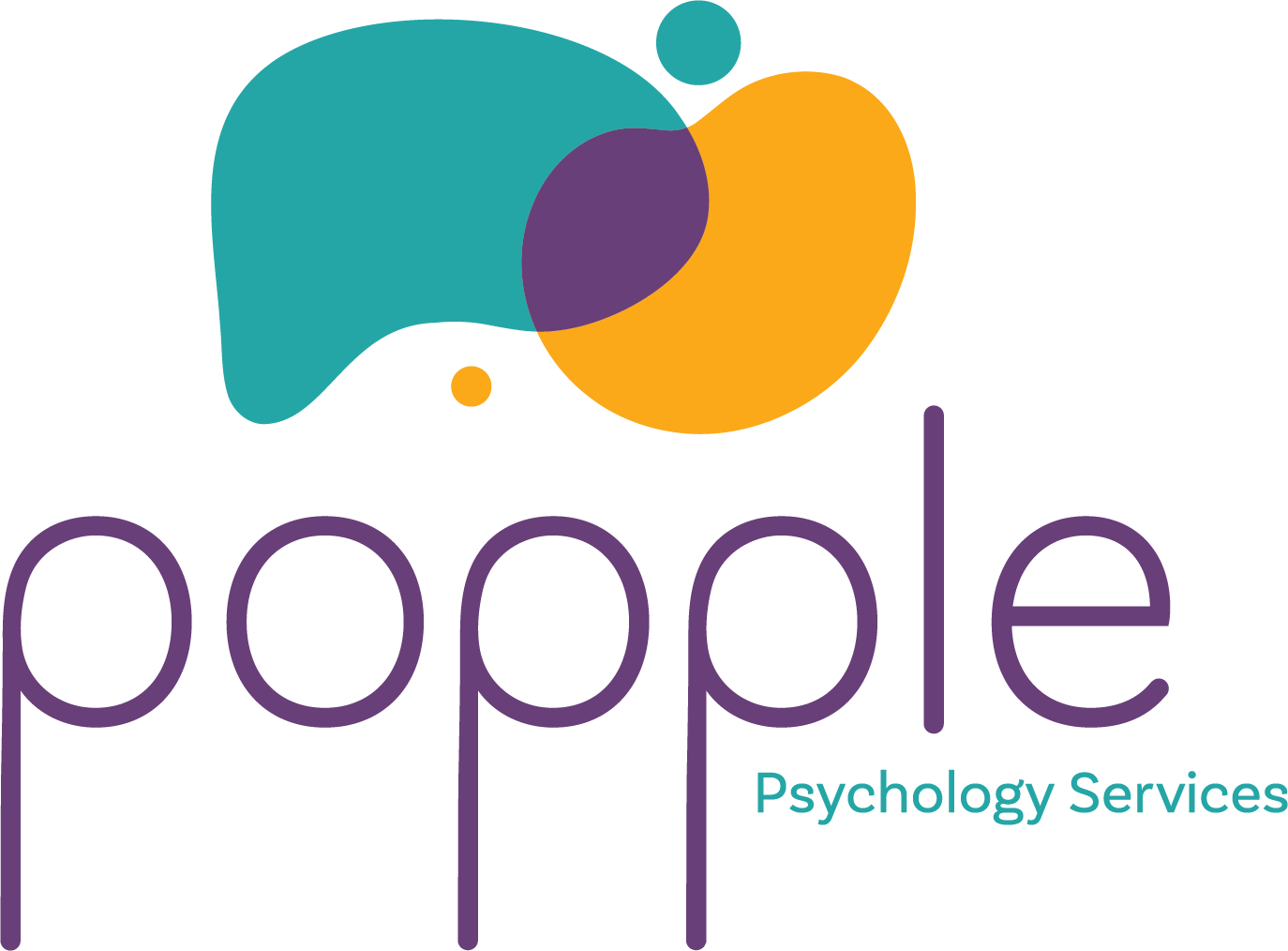
Therapy
Therapy Services for Children and Adolescents
Evidence-Based. Developmentally Appropriate. Individually Tailored.
I strongly believe that therapy should be tailored to the individual needs and strengths of your child/adolescent rather than a one-size fits all, cookie-cutter approach to services. No two children are identical even if seeking psychology services for the same reason. Personality traits, learning style, past experiences, insight, thoughts, feelings, strengths, vulnerabilities, culture, relationships (and much more!) can differ drastically between two children of the same age struggling with the same problem. When seeking therapy services from myself, you can be assured that all sessions will be appropriate to your child’s developmental level and individually tailored to their unique needs, capitalizing on their strengths and interests, while using therapeutic approaches that are evidence-based (i.e., proven to be effective) and rooted in psychological theory.
In psychology terms, my approach to therapy is best described as Integrative. An Integrative approach uses techniques and concepts from multiple psychotherapeutic approaches and schools of thought based on the best clinical match for the needs of your child, your family’s goals, and what research shows is most effective for the problem at hand. Between formal graduate-level academic coursework, supervised clinical training, and continuing education (e.g., numerous workshops, certifications, conferences, independent readings), I am well versed in many different psychotherapeutic approaches (e.g., interpersonal therapy, parent-child interaction therapy, psychodynamic therapies, group therapies, family therapy).
The approaches and techniques that I most often utilize in my therapeutic work with youth and their families include:
Cognitive Behavioural Therapy (CBT), including Trauma-Focused CBT (TF-CBT): CBT is a goal-directed form of therapy which uses a variety of techniques to examine and address unhelpful thoughts that influence one’s emotions, behaviour, and physical symptoms. CBT often involves ‘home practice’ that is completed between sessions to help develop adaptive coping strategies. Relaxation skills are usually incorporated into the therapeutic work. TF-CBT is a specific form of CBT that is effective in treating trauma and traumatic grief in children.
Acceptance and Commitment Therapy (ACT): ACT is a form of therapy that is focused on changing our relationship with thoughts, feelings, and other internal experiences. Rather than focusing on eliminating difficult thoughts and feelings, ACT emphasizes how to not get ‘stuck’ with them while we pursue a meaningful life.
Narrative Therapy: Narrative therapy uses a technique called ‘externalization’ which separates persons from problems. An externalizing narrative allows for the problem to be the problem, rather than the child to be the problem. Using a narrative approach (often combined with skills from other therapeutic approaches) can work wonders for engaging a child in facing a given problem. It allows children to overcome shame and embarrassment and contribute their imaginative and creative solutions to tackling the difficulties present.
Attachment-Based Theory: Attachment refers to how we rely on our caregivers for nurturance and support as we grow and develop. There is a wealth of research evidence demonstrating that children who have secure attachments with at least one adult figure in their lives do better in life across many domains. My approach to working with families and caregivers keeps attachment (i.e., strengthening relationships) front and center of the work we do together.
Dialectical Behavior Therapy (DBT) Informed Treatment: DBT is a form of cognitive behavioural therapy. DBT is a comprehensive therapy that contains several skill modules and emphasizes emotional regulation, interpersonal relationships, and behaviour. DBT-informed treatment incorporates some of the modalities found in comprehensive DBT. The DBT modalities or skills that are introduced in therapy are determined by what is deemed to be most effective for the individual client.
Motivational Interviewing: Motivational interviewing is an approach to overcoming the ambivalence that keeps many people from making desired changes in their lives. It is often used as part of therapy regarding health-related issues, such as nonadherence to medical treatment.
When I start working with a new family seeking therapy services, my first job is to assess what therapeutic approach would best fit your child’s needs. This is one of several objectives of the initial intake assessment which takes place prior to beginning therapy.
Intake Assessment for Therapy Services
For all children and adolescents, an intake assessment is completed prior to beginning therapy sessions. This appointment is very important for developing a tailored therapy plan that capitalizes on your child’s strengths while targeting the factors that are influencing the primary concern. It is focused on learning about your child/family, including discussing the reason for seeking psychology service, assessing certain factors that are known to exacerbate the problem, collaboratively setting goals for treatment, and identifying your child’s strengths and challenges in multiple domains. This initial appointment also allows your family to see whether you feel like I am a good fit for working with you. This appointment is approximately 90 minutes in length and is usually attended by parent(s) and your child/adolescent; however, depending on the nature of the concern and the age of your child, this assessment may be conducted with parents only. We will discuss who should attend the intake assessment during the initial telephone consultation. At the end of the intake assessment, I will provide you with feedback regarding my professional opinion and clinical recommendations regarding approach to therapy. If your family then chooses to begin therapy sessions for your child or teenager, subsequent sessions will be scheduled for 50-minutes.
Interested in Therapy Services for Your Child or Teenager?
Please call the office (548-880-3191) or email info@popple.ca to schedule a 15-minute complimentary telephone call to discuss whether your concerns for your child or adolescent fall within my areas of expertise.
